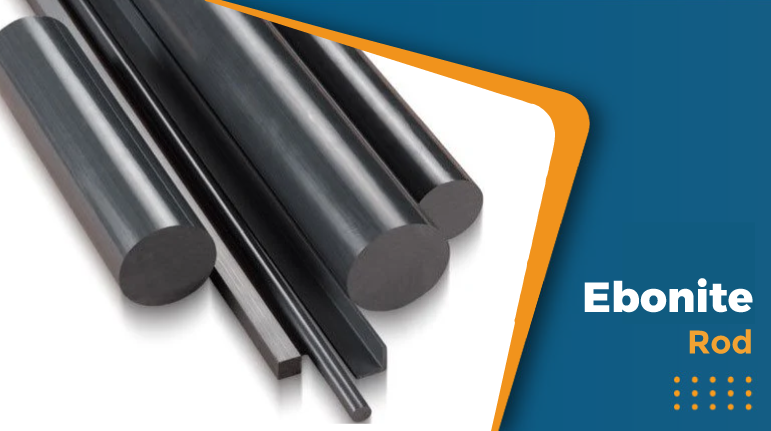Products

Ebonite Rod
An ebonite rod is a specialized tool used in various scientific and industrial applications, prized for its unique properties and versatility. Ebonite, also known as hard rubber or vulcanized rubber, is a type of rubber that has been treated with sulfur and heat to increase its hardness and durability. Ebonite rods are typically cylindrical in shape and are commonly black or dark brown in color, although they can also be found in other colors.
-
High Electrical Insulation: Ebonite rods possess excellent electrical insulation properties, making them ideal for applications where electrical conductivity must be minimized. They are commonly used in laboratories and workshops to safely handle electrical experiments and equipment.
-
Chemical Resistance: Ebonite is resistant to many chemicals, acids, and solvents, making it suitable for use in environments where exposure to corrosive substances is possible. This resistance ensures the longevity and durability of ebonite rods in various industrial settings.
-
Mechanical Strength: Despite its relatively lightweight nature, ebonite exhibits impressive mechanical strength and resilience. Ebonite rods can withstand bending, compression, and impact forces without deforming or breaking, ensuring reliable performance in demanding applications.
-
Heat Resistance: Ebonite has good heat resistance, allowing it to maintain its structural integrity and properties even at elevated temperatures. This makes ebonite rods suitable for use in environments where heat exposure is a concern.
-
Non-Conductive: Ebonite is non-conductive, meaning it does not conduct electricity. This property makes ebonite rods safe to use in electrical applications where insulation is crucial, helping to prevent electrical accidents and hazards.
